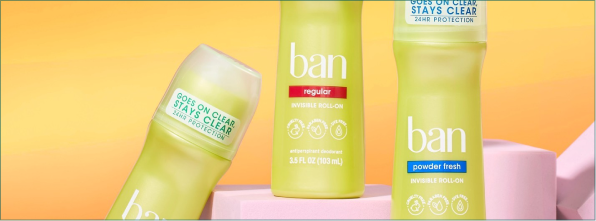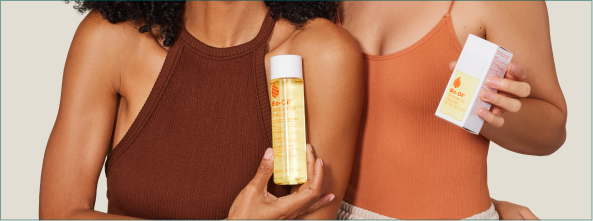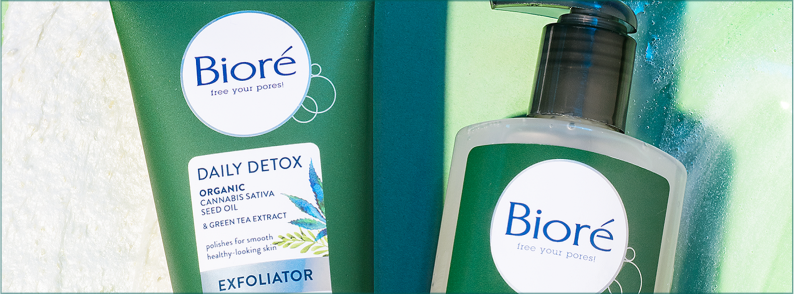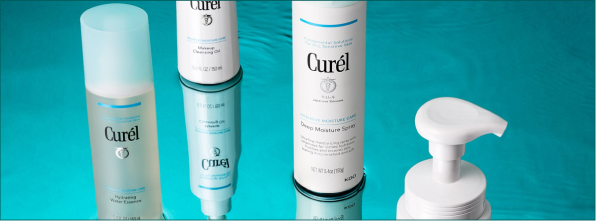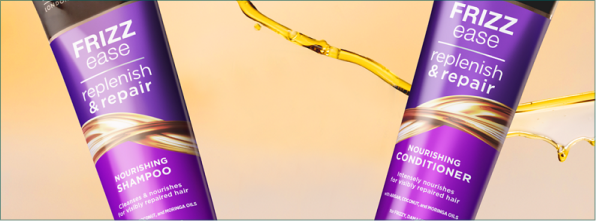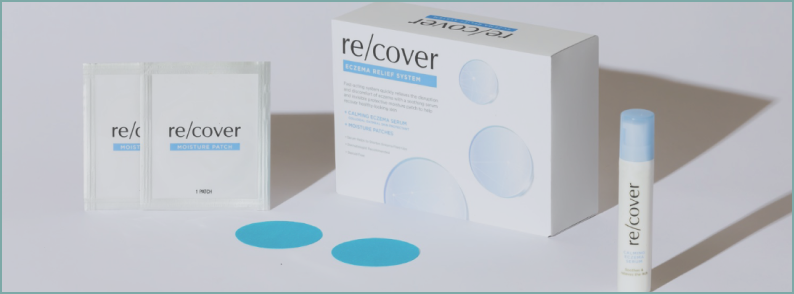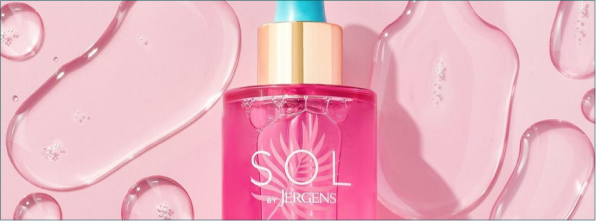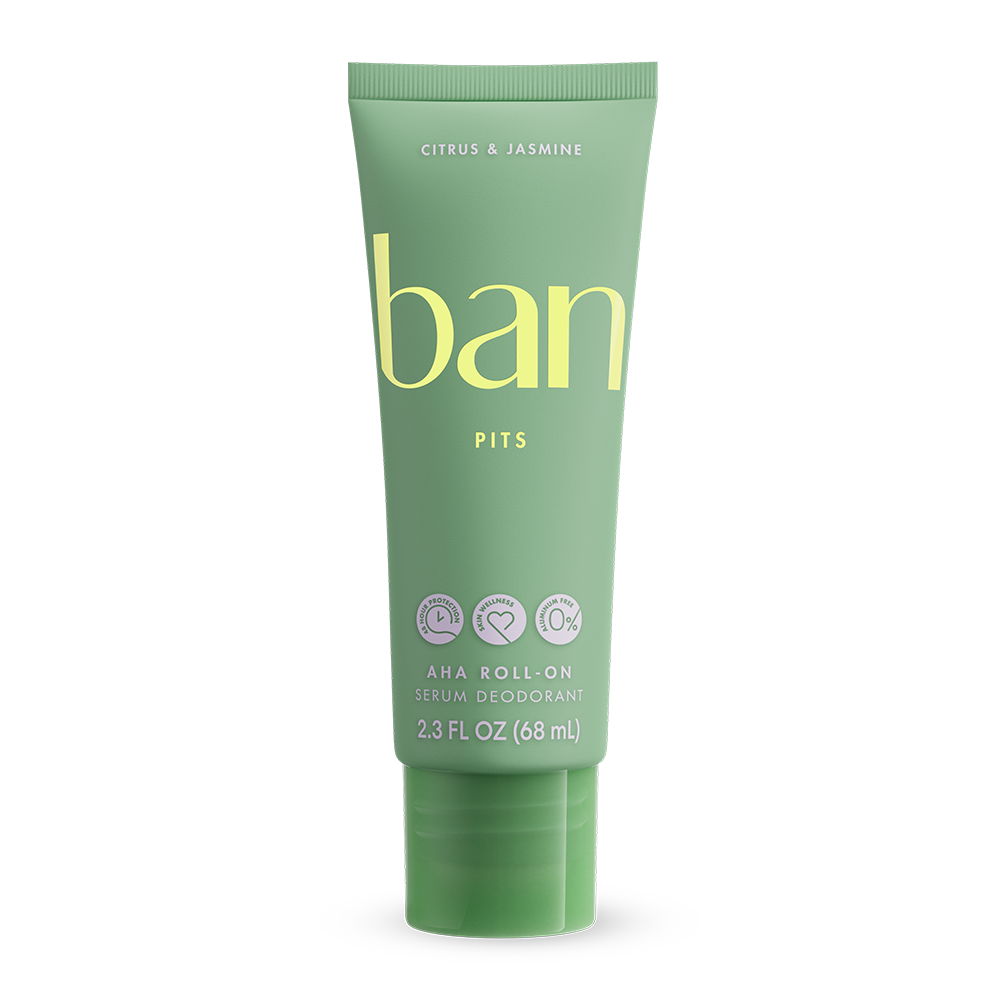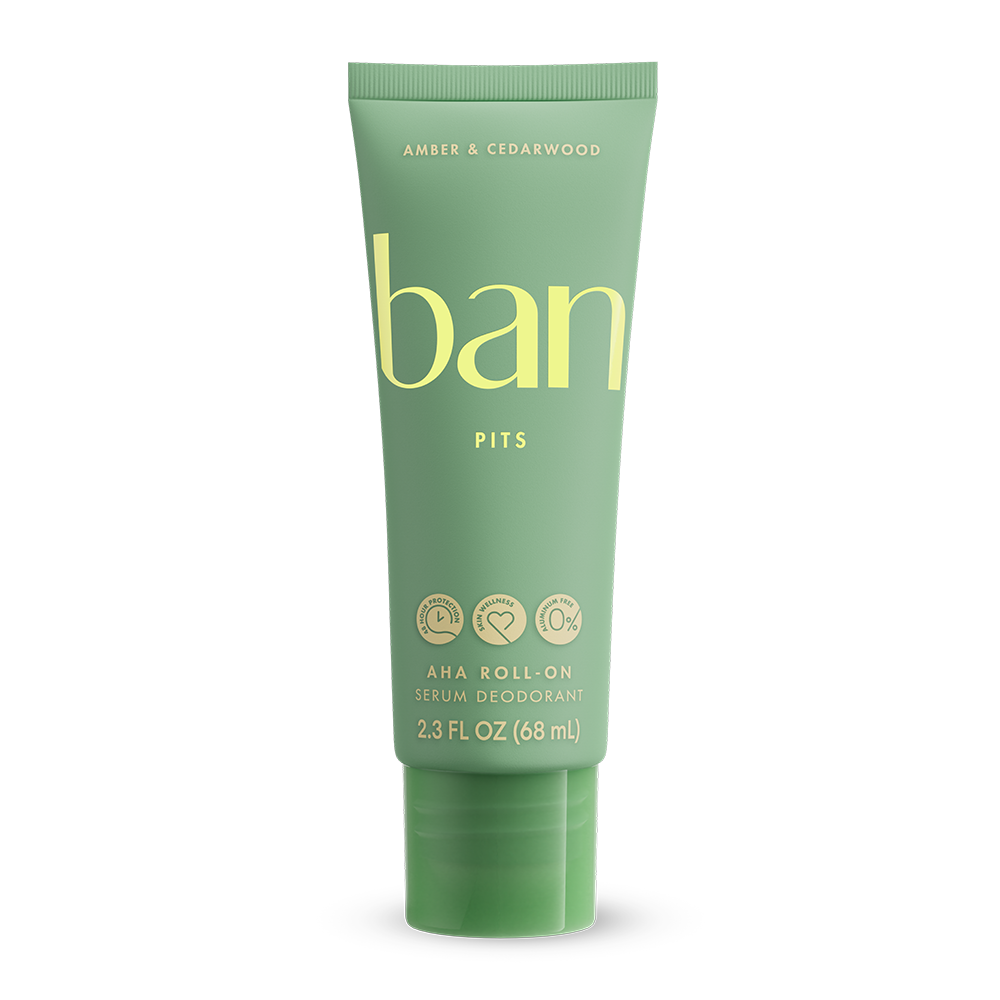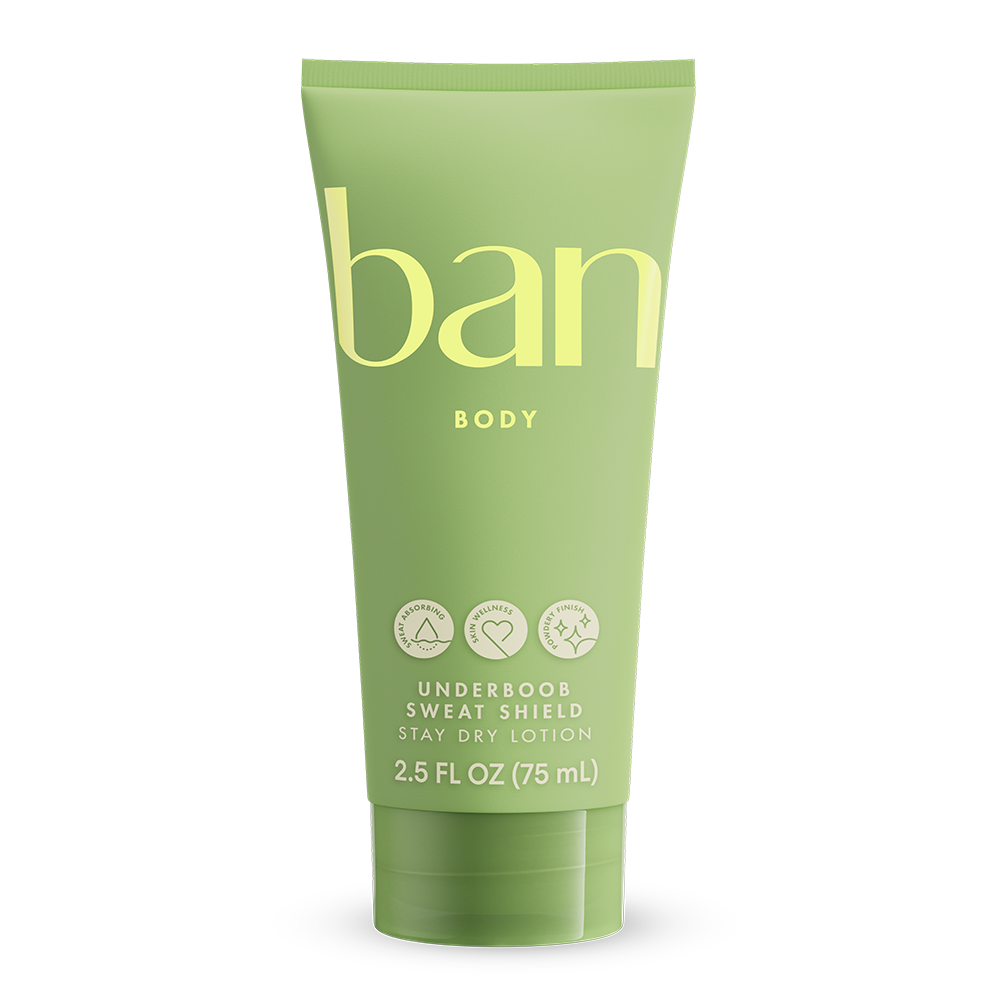How Does Antiperspirant Work?

Antiperspirants are designed to control sweat and body odor. However, they do not affect your body’s natural ability to regulate its temperature (known as thermoregulation). When applied correctly, antiperspirant reduces the amount of sweat you produce and prevents body odor by creating temporary gel-like plugs at the uppermost part of your sweat pores. Antiperspirants work best on clean, dry skin, so we recommend that you apply it after your shower.
We recommend showering at night and applying antiperspirant to clean, dry skin just before going to bed. This method allows the antiperspirant to absorb into your sweat glands and prevent sweating the following day.
Did You Know That Sweat Is Odorless?
When your nose starts to smell that all-too-familiar funk, it’s actually a result of the naturally occurring bacteria on your skin breaking down the proteins in your sweat. To keep the funk at bay, don’t be shy when you spray, rub, roll or apply antiperspirant. A thin layer of antiperspirant can work wonders to prevent sweat and body odor from ruining your day.
Where Can You Use Antiperspirant?
Antiperspirants aren’t just for stinky underarms. In fact, you can use them (almost) anywhere you sweat when you get nervous, excited or stressed (oh yes, we’re talking about the groin area). They’re most effective in places where you have the most active sweat glands, like the apocrine sweat glands found in your armpits and groin as well as the eccrine sweat glands concentrated in your armpits, palms, and soles of your feet.
Shop Deodorant and Antiperspirant
However,—no matter how tempted you are—antiperspirants should never be applied to areas with mucous membranes, like the nose, mouth, genitals, or around your eyes, because these areas are easily irritated. If you have sensitive skin, it’s best to test a small area and check for redness or irritation before applying it to large areas of skin.
Can You Use Antiperspirant On Sensitive Skin?
Absolutely! If you struggle with allergies, have sensitive skin, or both,choose a roll-on antiperspirant like Ban Purely Gentle. This formula is specially designed with non-irritating ingredients to be tough on sweat but gentle on all skin types.
Is It Safe To Use Antiperspirant?
The short answer is yes. There are many claims that aluminum salts in antiperspirants lead to diseases like cancer and Alzheimer’s disease. A 2002 study conducted by the Journal of The National Cancer Institute analyzed the relationship between breast cancers and antiperspirants or deodorants in more than 1,600 women. The results did not show an increased risk of cancer among deodorant or antiperspirant users.
Further, the Alzheimer’s Society stated the link between aluminum and Alzheimer’s disease appears increasingly unlikely.
Aluminum salts have been commonly used in personal hygiene products for more than 50 years, and manufacturers must abide by strict FDA guidelines to ensure their products are safe for consumers.
Key Takeaways
- Aluminum salts in antiperspirants stop your glands from producing sweat.
- Antiperspirant works best on clean, dry skin.
- Applying antiperspirant at night allows it to absorb into your sweat glands and prevent sweat the following day.
- Antiperspirants can be used (almost) anywhere.
- Antiperspirant should never be applied to areas with mucous membranes (nose, eyes, mouth, or genitals).
- No scientific evidence links the active ingredient in antiperspirant to an increased risk of disease.
